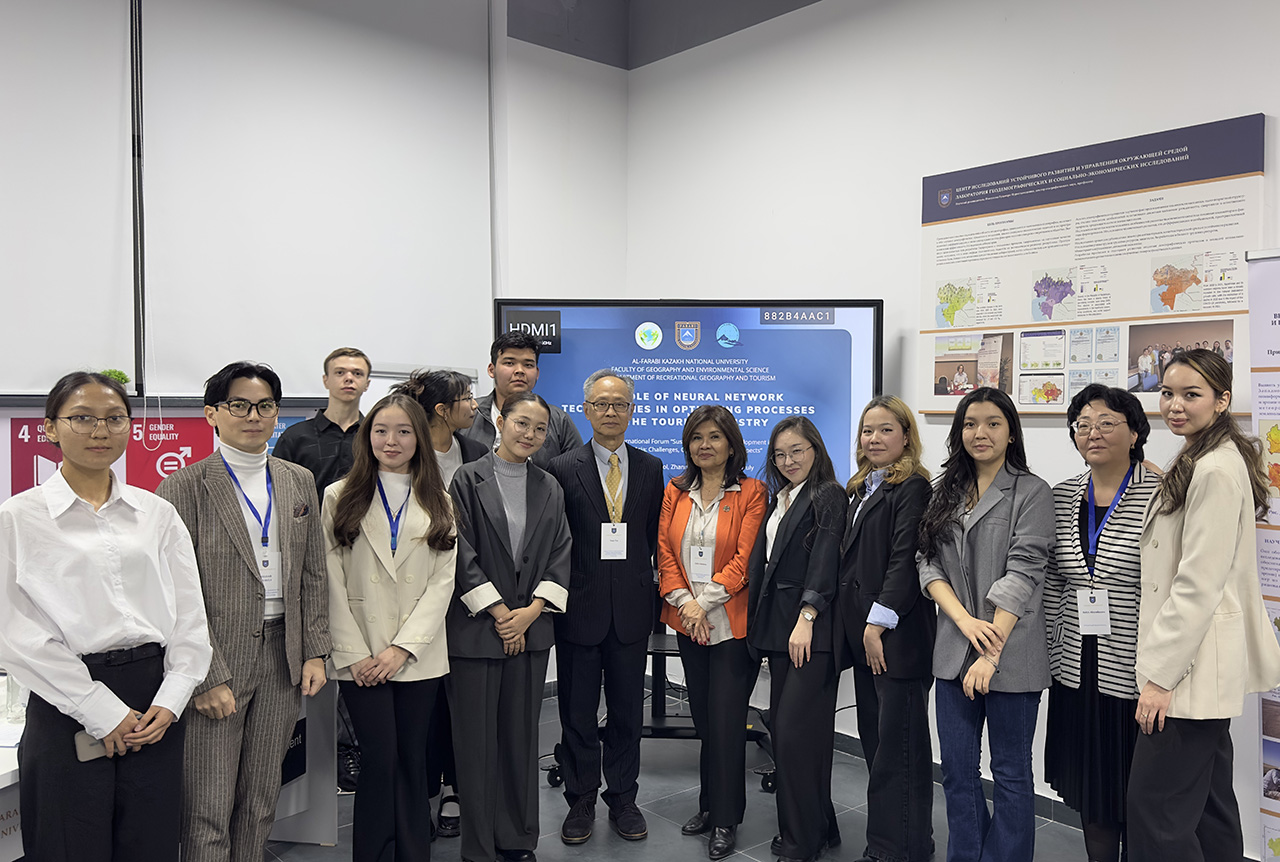- Main
- News
- KazNU faculty perspectives on the implementation of the ‘Quality education available to everyone’ national report
KazNU faculty perspectives on the implementation of the ‘Quality education available to everyone’ national report

The national report ‘Quality Education Available to Everyone’ introduced at the1st Congress of Educators on 4 October 2023 in Astana proposes a shift from traditional ‘Education-Learning’ to ‘Education-Becoming an Individual’. This new model aims to promote independent learning and provide continuous education throughout all stages of education.
The report emphasizes that universities should take full responsibility for increasing the recognition of their graduates diplomas and certification results. Al-Farabi University has started working on implementing the National Report tasks. It has involved representatives of the public, experts in the field of education, and the university faculty in discussing implementation opportunities.
The Foreign Languages Department faculty supports transforming the university system to meet labor market demands and improve education quality and initiates some recommendations. These initiatives aim to maintain KazNU’s competitiveness, integrate science and production, and increase the internationalization of higher education.
The faculty believes integrating education, science, and production is crucial to stimulate innovation, economic growth, and sustainable development in the new industrial revolution. The academic community should, not on paper but in reality, strengthen partnerships between educational institutions and industry leaders, develop interdisciplinary curricula, encourage public-private partnerships, support, innovation hubs and incubation centers, and design relevant policies and regulations.
Second, digital transformation can enhance learning and streamline administrative processes in educational institutions. Critical recommendations for effective implementation include developing digital didactics, implementing a comprehensive learning management system, developing adaptive learning technologies, integrating digital platforms, training faculty in data-driven analytics, implementing robust cybersecurity protocols, and ensuring accessibility and inclusivity. These measures can create inclusive learning environments that prepare students for the demands of the 21st-century labor market.
Third, the atlas of new professions and competencies should be updated regularly to ensure quality education. This can be achieved by conducting research, collaborating with industry experts, integrating technological advances, aligning the atlas with educational programs, emphasizing soft skills and sustainable professions, and using data analytics.
By implementing these recommendations, integrated education, science, and production, digital didactics, and an atlas of emerging occupations and competencies can serve as a valuable resource for individuals, educators, employers, and policymakers, allowing them to stay abreast of changing labormarket dynamics and the skills needed to succeed in an evolving economy. In addition, it will foster a dynamic ecosystem, encouraging innovation, increasing productivity, and stimulating sustainable economic growth.
Perizat Yelubayeva,
Foreign languages
department
